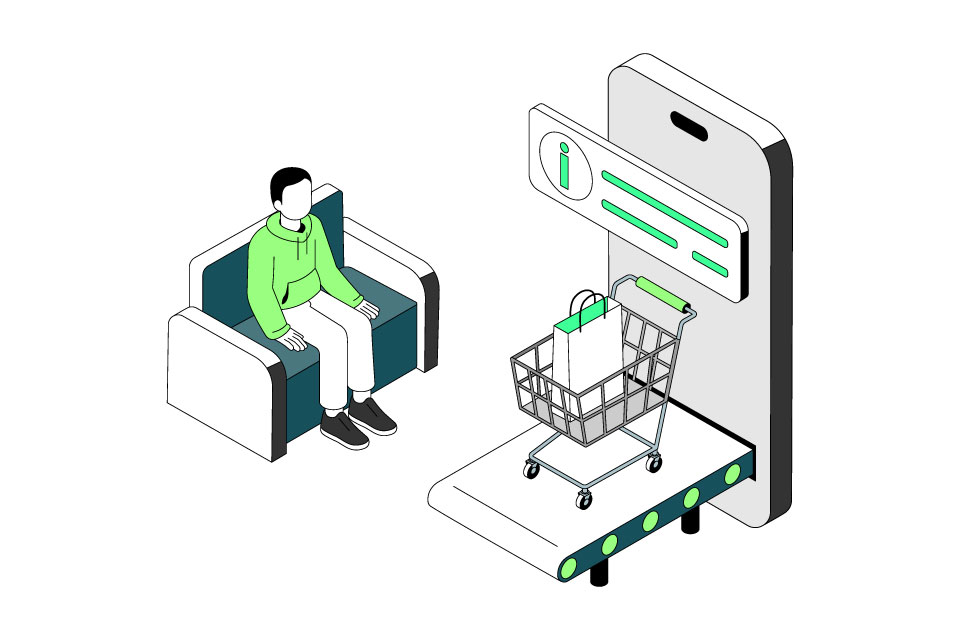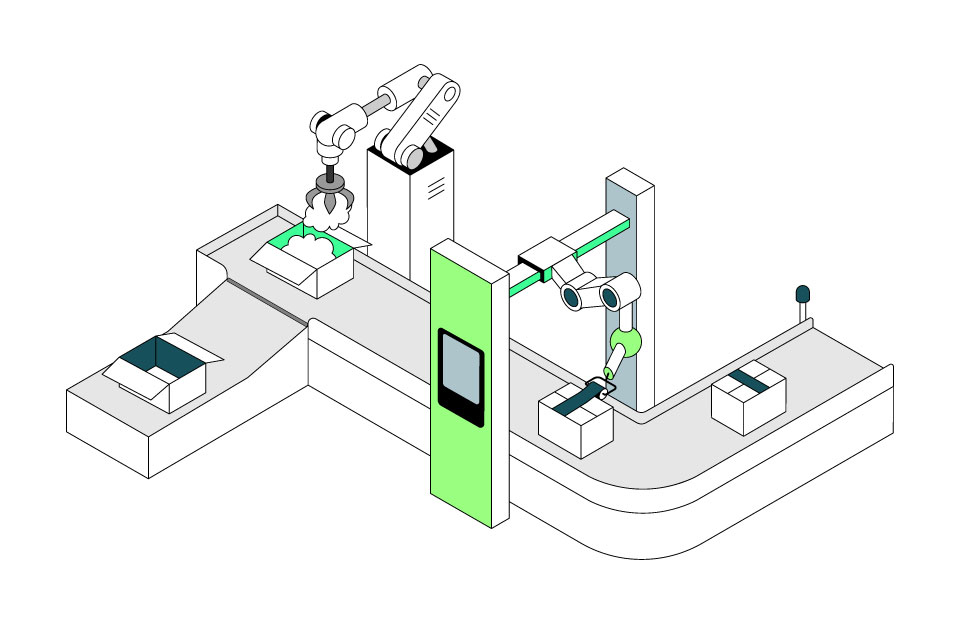The use of AI has featured heavily in the news again this week. In fact, you would have had to be on a different planet to avoid the stream of thoughts and headlines. Those responsible for customer service in our organisations will be aware that it has traditionally been viewed as an important, but only partial aspect of operational delivery. This is too narrow a lens, primarily focused on a narrow set of visible outputs – rather than the whole end-to-end experience.
The media will focus much of its attention on the impact of AI on contact centres, chatbots, and automated responses. This risks missing a crucial aspect of the customer experience: the quieter, yet profoundly impactful, role that AI plays behind the scenes.
The use of AI is not just about answering questions or providing routine responses; it is about using data to enhance product availability, predict customer needs, and create a seamless service experience. AI-driven predictive analytics is enabling businesses to understand buying patterns, leading to better stock management and more effective product recommendations.
This is not just about optimising profit margins; it is about delivering better value to customers by ensuring the right products are available at the right time, ready for rapid dispatch.
Beyond retail, AI is helping healthcare providers improve appointment scheduling based on real-time data or assisting utilities in predicting disruptions before they affect customers. These behind-the-scenes developments are transforming the customer experience in ways that often go unnoticed (when they go right, they don’t make headlines) and have a significant impact on the overall service.
The Ethical Consideration: Asking the Right Questions
AI can make a real, positive impact. However, as with all technological advancements, the integration of AI into established business operations requires careful consideration, especially in terms of ethics. Business leaders need to ask the right questions before, during and after deploying AI.
In the rush to innovate, it is crucial to ensure that AI systems are inclusive and sensitive to the needs of all customers, particularly those who may be disproportionately affected by technological changes. The risk of bias is inherent in all AI models – which by their nature tend to have been trained on a particular set of data, funded, coded and overseen by a small group of people who are far from representative of the global population.
For us, the ethical deployment of AI is non-negotiable. This includes considering its impact on vulnerable customers (and the digitally excluded), asking: Does this solution benefit everyone? Are we using AI to enhance the customer experience, or are we replacing the very essence of service that makes us human?
AI and the Human Touch: A Partnership, not a Replacement
The future of customer service is likely less about AI replacing humans and more about amplifying the capabilities of human employees. This partnership will enable employees to focus on what they do better – building relationships, showing empathy, and addressing complex issues that require a human touch.
In this exciting new era of customer service, the fusion between technology and humanity will define exceptional experiences. AI can be a powerful ally, and much of the magic it brings may be invisible to the customer, helping businesses meet their needs in more personalised, responsive, and thoughtful ways. But this will only happen if we keep the customer in mind and use it as a force for good – considering the whole experience and the wider impacts. Regarding service purely as operational delivery downplays the importance of one of the most critical business subjects that any board should be considering.



